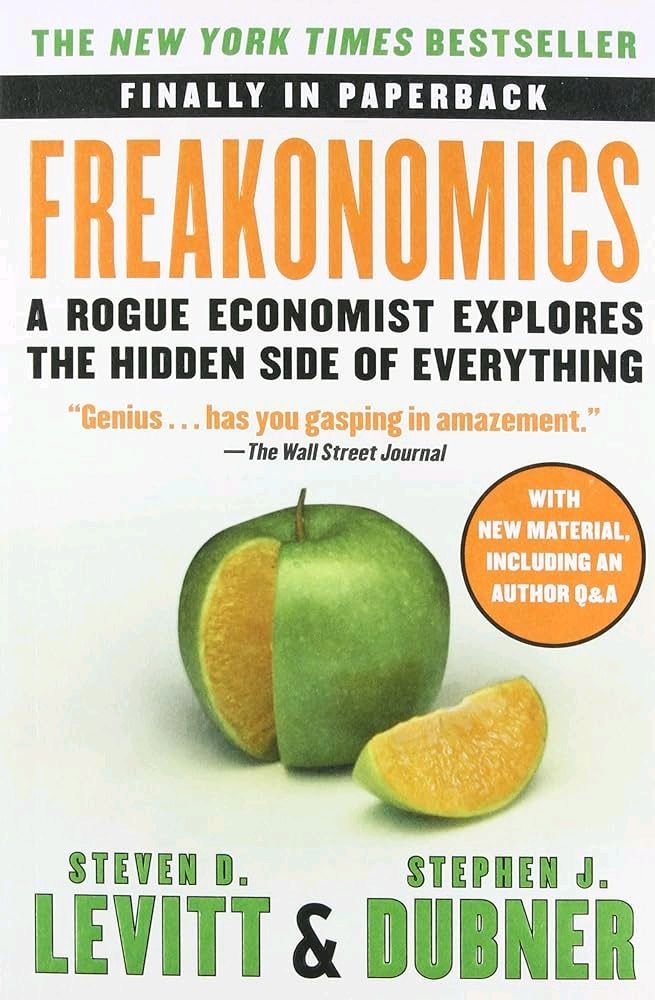Tradeoffs in economic decisions from "summary" of Economic Facts and Fallacies by Thomas Sowell
In making economic decisions, individuals and societies are often faced with the reality of tradeoffs. This means that in order to obtain more of one thing, something else must be sacrificed. These tradeoffs are inherent in all economic decisions, whether at the individual level or at the level of businesses and governments. For example, when a person decides to spend money on a new car, they are making a tradeoff between that car and other possible uses of that money, such as saving for retirement or going on vacation. Similarly, when a government chooses to allocate resources towards healthcare, it is making a tradeoff with other potential areas of spending, such as education or infrastructure. One of the key principles of economics is that resources are scarce, and therefore must be allocated efficiently. This means that every decision involves weighing the costs and benefits of different options, and choosing the one that maximizes utility or satisfaction. Tradeoffs are not always easy to make, as they involve complex considerations and competing priorities. Sometimes the tradeoffs are between short-term gains and long-term benefits, or between the needs of different groups within society. Understanding tradeoffs is essential for making informed economic decisions, as it allows individuals and societies to consider the opportunity costs of their choices. By weighing the costs and benefits of different options, and considering the tradeoffs involved, decision-makers can make more rational and efficient choices that lead to better outcomes in the long run.Similar Posts
The Benefits of Allowing Individuals to Make Economic Decisions
The benefits of allowing individuals to make economic decisions are manifold. When individuals are free to make their own choic...
The perception of value is subjective
Value is a curious thing. It is not an inherent quality but rather a perception that resides in the minds of individuals. What ...
Be open to feedback and constructive criticism
To truly grow and improve in any aspect of life, one must be willing to receive feedback and constructive criticism from others...
Exchange rates impact international trade and financial markets
Exchange rates play a crucial role in influencing the levels of international trade and financial markets. When a country's cur...
Government spending can affect economic growth
Government spending plays a crucial role in shaping the overall economy. When the government spends money on programs and proje...
Game theory explains strategic decisionmaking
Game theory provides a powerful framework for understanding strategic decision-making. At its core, game theory is the study of...

Keeping an open mind can lead to surprising discoveries
The idea that keeping an open mind can lead to surprising discoveries is a powerful one. It speaks to the importance of being r...
Externalities can lead to market failures
Externalities occur when the actions of individuals or firms have an impact on third parties who are not directly involved in t...
